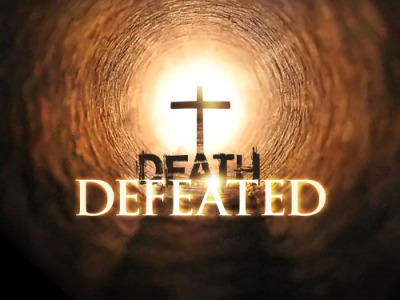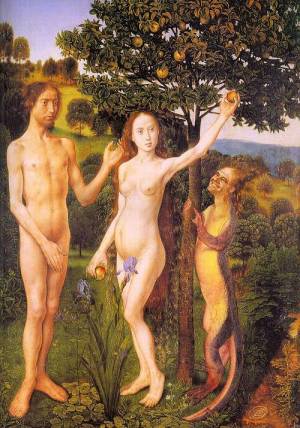The first and the last, who once died but came to life, says this: “I know your tribulation and poverty, but you are rich. I know the slander of those who claim to be Jews and are not, but rather are members of the assembly of Satan.”
“Do not be afraid of anything that you are going to suffer. Indeed, the devil will throw some of you into prison, that you may be tested, and you will face an ordeal for ten days. Remain faithful until death, and I will give you the crown of life. Whoever has ears ought to hear what the Spirit says to the churches. The victor shall not be harmed by the second death.”

“But you are rich.” How I long to hear those words from God about me! “You are rich in My love. You are rich in faithfulness, in endurance, in hope. You are rich.” Imagine the joy you would experience hearing Jesus Christ announce that to you.
Because the thing of it is, these people are being hunted, tortured and murdered. They are being arrested, exiled and denounced. They are, in the eyes of the world, despised, unlucky, weak, marginal, and oppressed. “But you are rich” says the One who sees beyond appearances and into the heart, “But you are rich.”
“Remain faithful unto death, and I will give you the crown of life.”




